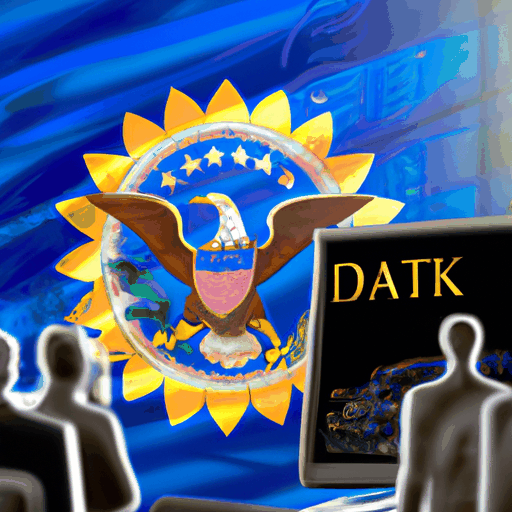
North Dakota Sets Regulatory Path With $2,000 Daily Crypto ATM Limit
By: Isha Das
North Dakota is taking significant steps in the regulation of crypto ATM transactions to mitigate fraud and enhance security measures across the state. A bill known as House Bill 1447 has been presented that introduces a daily transaction limit of $2,000 per user for crypto ATM transactions. Recently passed by the North Dakota Senate with a decisive 45-to-1 vote on March 18, this legislation aims to provide a robust regulatory framework focusing on safeguarding the state's residents from increasing fraud cases associated with crypto ATMs.
The initial introduction of the bill had proposed a more restrictive $1,000 daily limit, but this was increased to $2,000 to allow more flexibility for users while maintaining stringent fraud prevention measures. The legislation outlines precise guidelines for crypto ATM operators, stipulating that they must obtain the necessary money transmitter licenses to operate in the state. Furthermore, ATM operators will now be required to implement blockchain analytics tools to identify fraudulent transactions and monitor suspicious activities on wallet addresses. This regulatory move makes it imperative for operators to have a written anti-fraud policy and offer real-time customer support during specified hours.
The primary objective of HB 1447 is to curb the risks posed by money laundering and scams facilitated through crypto ATMs. It mandates operators to display clear fraud warnings before any transaction and to provide easily understandable terms and conditions in the user's preferred language. By implementing these measures, North Dakota aims to balance its efforts to combat fraud without stifling accessibility and financial innovation facilitated by cryptocurrency ecosystems. As the bill progresses towards the Governor's desk for approval, it marks a critical turning point in how state governments may approach the regulation of cryptocurrency-related technologies to ensure both security and accessibility for users.



